Why are Social Workers Hanging out in Public Libraries?
Welcome back to the Social Work Café blog, where the latest podcast episode is all about social workers in public libraries.
When I studied social work all those years ago (I refuse to give dates at this point), I never imagined I would eventually be contemplating social work practice in public libraries.
Yet after speaking with our fabulous guest this week, Patrick Lloyd, I found myself saying, "Oh my goodness, why weren’t we in libraries decades ago?"
Perhaps the thought of you going back into a library after social work study sends shivers down your spine, especially after surviving all of those last-minute study sessions.
But stick with us here.
Patrick beautifully explains how libraries are no longer stuffy buildings just for books.
(click here for an online presentation delivered by Patrick).
Libraries are becoming community centres and can be considered a protective factor.
(click here to check out his peer-reviewed article on the topic).
As Patrick highlighted in our conversation, libraries are one of the last places that allow people free access and the chance to just hang out, which can be particularly vital for marginalised communities.
It makes sense that librarian administrators are noticing the psychosocial needs of community members and are seeking to employ social workers.
Of course, what some librarians think we do versus what we actually do is a point of contention that Patrick raises, including at the macro level of our respective codes of ethics.
Like so many other fields of practice, social workers in libraries are balancing a tightrope between competing interests and ideas about how to best serve the community.
I see similarities between these tensions and other fields of practice that social workers are constantly navigating.
Despite these challenges, Patrick conveys a sense of excitement about this field, and how social workers are transferring their vast skillset into this space.
Library social workers are also key advocates for transforming libraries to become trauma-informed (there will be an episode on this topic later) and anti-racist.
Imagine if you got to go into an organisation or department that is not typically social work focused and had to create a social work space in there—what would you do?
Patrick offers great advice about staying connected with other library social workers to support and learn from each other in order to determine best practise.
(click here to learn more about Whole Person Librarianship).
To me, that is also about building and sustaining our professional identities, especially when our daily work involves little or no contact with other like-minded social workers.
Patrick also offers some wonderful job-seeking advice later in the episode for any listeners who might like to venture into library social work, especially around asking some questions about the role, expectations, and prior social workers who have left.
We end the conversation with Patrick’s lovely and, to me, philosophical definition of social work:
Social work is the opportunity to live my values every day.
This beautifully captures broader literature that describes social work as a values-based profession.
I agree with Patrick; social work is bigger than a job.
The definition might need to be expanded for members of the public, but considering Patrick shares this definition in the context of his teaching, it works really well.
So what do you now think about public libraries and how social workers are stepping into this space?
If you want to learn even more, check out these presentation resources from the CSU 2022 online international Social Work in Libraries symposium.
A big thank you to my colleague A/Prof. Karen Bell for sharing the resources above and for connecting me with Patrick (you will get to meet her in a later episode, so stay tuned).
I certainly echo what Patrick said: go visit your local library (or at least check out their website).
See what kind of community services or access to information is being offered to the public, especially for marginalised communities.
If you are lucky enough to meet a library social worker in your area, shout them a coffee and pick their brains to learn some more.
Let’s get out there!
See you back in the Social Work Café in May.
Dr. B


